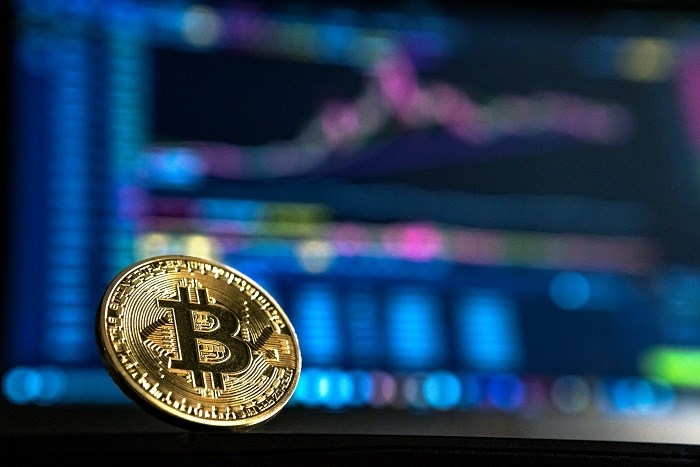
In this series of short profiles, we ask leading fund managers to defend their investment strategies, reveal their views on cryptocurrency, and tell us what they'd never buy.
This time our interviewee is Ian Lance, co-manager of the Morningstar 1-star rated UK equity-focused Temple Bar Investment Trust (TMPL) run by RWC Partners.
Which sector provides the biggest investment opportunity as we approach the end of 2021, and why?
The energy sector for two reasons. Firstly, many professional investors have excluded these stocks for ESG reasons and the selling pressure has led to extremely low valuations. When investors are selling stocks for non-economic reasons, it's usually an interesting opportunity. Secondly, for similar reasons, way too much capital has come out of the traditional part of the industry creating the possibility of supply constraints, which have driven oil and gas prices up and may continue to do so. At current valuations, however, that is free optionality.
What's the biggest economic risk right now?
Inflation. Zero or negative interest rates have been the primary driver of all asset markets for the last decade and inflation is the one thing that could bring these policies to an end with very significant implications for all asset classes. Recent data has shown that inflation has begun to accelerate, yet none of the major central banks has taken steps to do anything about it, presumably because they are terrified about the impact that it might have on equity and bond markets. They therefore run the risk of being behind the curve and letting the inflation genie out of the bottle, paving the way for a regime change in which the laggards of the last decade are the winners of the next.
Describe your investment strategy.
We are intrinsic value investors who believe that extrapolation and over-reaction in other investors moves share prices above and below the true worth of the business, thus creating opportunities for those willing to ignore short-term news flow.
Which famous investor or business icon do you look up to, and why?
Seth Klarman, firstly because he shares my value style of investing, but secondly because he seems willing to ignore the herd and do what is unpopular. Finally his long-run returns have been truly remarkable.
Name your favourite "forever stock(s)"
Marks and Spencer. The transformation of the business in the last two years has been incredible and yet has only just begun. Despite this, the vast majority of investors seem to judge it by the standards of five years ago.
What would you never invest in?
Things where the future value is dependent on an event or outcome we have no ability to quantify or assess. Examples might be a small biotechnology firm with a make-or-break drug, or an exploration company dependent on one project.
Growth or value?
Growth is an input in to a calculation of value. We will happily buy a business with fast growth as long as it is available at a price that makes it good value.
Pension or property?
Both.
Cryptocurrency: Public enemy or pioneering proposal?
I won’t pretend to understand crypto but given its volatility, I struggle to see how it can become an effective currency. It also seems to be a proxy for the level of speculation in the market--Tesla and Bitcoin seem to track one another for no obvious fundamental reason.
What can be done to increase diversity in fund management?
I would broaden this out to the wider financial services sector. I believe all young children need to be taught about the importance of saving as part of the curriculum at a much younger age.
Give us an example of engaging with a company you invested in where you were particularly proud (or disappointed!) of the outcome?
When it comes to engagement, I believe in quality not quantity. I never understand why some asset managers boast of doing five meetings a day. Our largest holding is Royal Mail. which we bought when it was utterly hated by the market. Yet by engaging with the chairman, we were able to understand both how much value there was in the business and how it could be realised.
What's the best bit of advice you’ve ever been given?
Charlie Munger has many quotes about the importance of reading. “In my whole life, I have known no wise people (over a broad subject matter area) who didn’t read all the time--none, zero.” I totally agree. I try to read as many books as my commute will allow.
What would you do if you weren’t a fund a manager?
Hard to say. I have been a fund manager for my entire career of thirty three years. I have always enjoyed teaching people about investing so maybe a teacher.


























